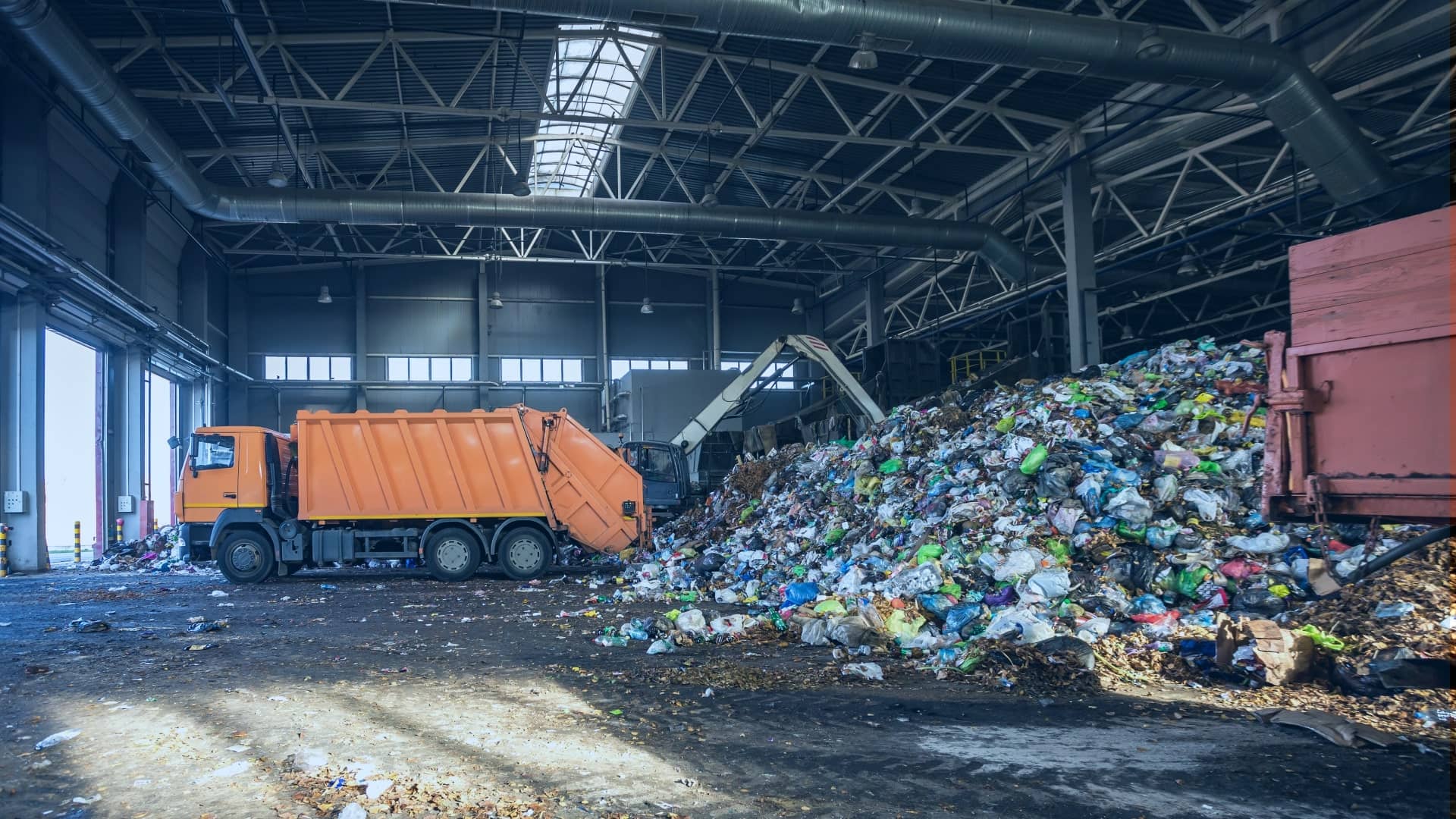Little Known Facts About Reclaim Waste.
Little Known Facts About Reclaim Waste.
Blog Article
Facts About Reclaim Waste Uncovered
Table of ContentsThe Definitive Guide to Reclaim WasteReclaim Waste - TruthsThe Main Principles Of Reclaim Waste The 7-Second Trick For Reclaim Waste7 Simple Techniques For Reclaim Waste
Explore the types, occurrences, and types of fluid waste. Domestic sewage waste describes the waste and items from a property septic tank. This kind of waste is created by humans in houses, schools, and other buildings. This only consists of sewage-disposal tanks that have a drain field. The appropriate monitoring and disposal of domestic sewer waste require fluid waste to be moved to a sewage therapy plant where the proper approaches and equipment are put on purify and throw away waste.
Business waste commonly includes prospective risks, such as combustible materials or a mix of fluid and strong waste products, and requires an advanced and in-depth disposal procedure. The disposal of commercial waste normally includes the filtration of waste prior to transport to make certain secure and appropriate disposal. Industrial waste is developed from byproducts and runoff of commercial processes and manufacturing.
This kind of waste can not use the exact same sewage administration transportation or procedures as septic or commercial liquids. The industrial waste administration procedure needs the evaluation and testing of liquid waste prior to it undertakes the disposal process (liquid waste removal). Overflow waste is the liquid waste that originates from runoff and excess stormwater in extremely inhabited locations or cities
Drainage waste can cause contamination and flooding if not taken care of correctly. Making certain correct waste administration can protect against catastrophes and minimize ecological injury.
Facts About Reclaim Waste Revealed
Call PROS Solutions today to learn more about our waste management and disposal solutions and the correct ways to care for the liquid waste you generate.
(https://www.blogtalkradio.com/reclaimwaste1)This so-called 'wastewater' is not just an important source however, after therapy, will certainly be released to our land, rivers or the sea. Used water from toilets, showers, bathrooms, cooking area sinks, washings and commercial procedures is understood as wastewater.

water used to cool down machinery or clean plant and devices). Stormwater, a form of wastewater, is drainage that streams from farming and city areas such as roofings, parks, yards, roads, courses and gutters into stormwater drains pipes, after rain. Stormwater flows without treatment straight to local creeks or rivers, ultimately reaching the sea.
The Ultimate Guide To Reclaim Waste
In Queensland, most wastewater is treated at sewage treatment plants. Wastewater is transferred from residential or industrial websites with a system of sewers and pump stations, referred to as sewerage reticulation, to a sewer therapy plant. Local federal governments construct, keep and operate most sewer treatment plants. Operators are licensed under the Environmental Defense Act 1994 to release treated wastewater at an appropriate ecological criterion into waterways.
The Department of Natural Resources encourages regional federal governments concerning managing, operating and maintaining sewerage systems and therapy plants. In unsewered locations, regional federal governments might call for homeowners to install private or family sewer therapy systems to treat domestic wastewater from toilets, cooking areas, restrooms and washings. The Department official statement of Natural Resources authorizes making use of home systems when they are shown to be effective.
In some brand-new neighborhoods, treatment of some stormwater to eliminate trash, sand and gravel has started using gross toxin catches. Wastewater treatment takes place in four phases: Removes strong matter.
Wastewater after that moves into big tanks where solids resolve and are removed as sludge. Grease and scum are skimmed from the surface area. Utilizes small living organisms called micro-organisms to damage down and get rid of remaining dissolved wastes and great bits. Micro-organisms and wastes are integrated in the sludge. Eliminates nitrogen and phosphorus nutrients that might cause algal flowers in our rivers and threaten aquatic life.
Reclaim Waste Things To Know Before You Buy
Nutrient elimination is not available whatsoever sewer treatment plants due to the fact that it needs expensive specialized tools. It is becoming a lot more common in Queensland. Clear fluid effluent generated after treatment may still consist of disease-causing micro-organisms. If this effluent is released right into rivers such as rivers or the sea, the micro-organisms will eventually die out.

This normally indicates wastewater needs to be dealt with or impurities gotten rid of before it can be released to rivers. The majority of wastewater streams into the sewerage system. Under the Act, neighborhood federal governments administer approvals and licences for eco relevant tasks (ERAs) involving wastewater releases that may have a local impact. The division administers authorizations and permits to Periods entailing wastewater launches that may have a local or statewide effect.
What Does Reclaim Waste Do?
Otherwise, examples are considered research laboratory analysis. Usually numerous examinations are needed to establish the levels of each of the various contaminants such as oils, heavy steels and pesticides in water. Surveillance supplies valid details about water quality and can confirm that permit problems are being satisfied. The info gotten via surveillance gives the basis for making water high quality choices.
Report this page